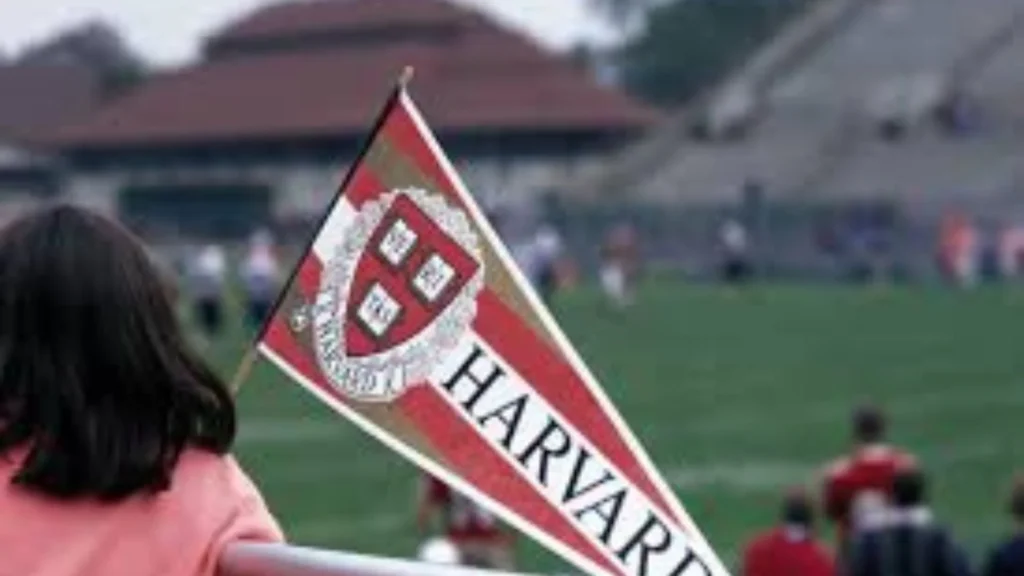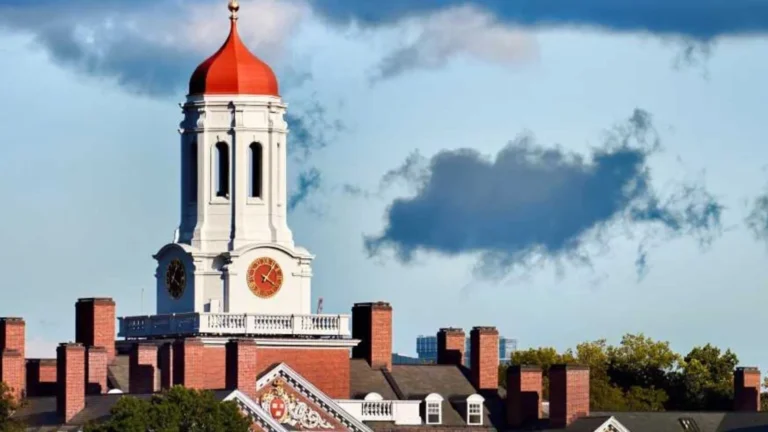The Storied Legacy of Harvard University
Harvard University is one of the most renowned and prestigious institutions of higher education in the world. Founded in 1636, Harvard is the oldest institution of higher education in the United States,
and it has played a pivotal role in shaping the course of American history and global affairs.
From its humble beginnings as a small college dedicated to training Puritan ministers, Harvard has evolved into a sprawling university that encompasses 13 schools and institutes, boasting world-class programs in fields ranging from medicine and law to business, engineering, and the liberal arts.The Storied Legacy of Harvard University
With an endowment of over $53 billion, Harvard is the wealthiest university in the world, and it wields immense influence and prestige.
Harvard’s alumni include eight U.S. presidents, over 150 Nobel laureates,
and many of the most influential leaders, thinkers, and innovators of the past four centuries. The university’s reputation for academic excellence, groundbreaking research, and cultivating future global leaders is unparalleled.
The Founding and Early History of Harvard
Harvard University was founded in 1636 in Cambridge, Massachusetts,
making it the oldest institution of higher education in what would become the United States.
The college was established by the Massachusetts Bay Colony, a Puritan theocratic state, with the goal of training young men for the ministry. In its early years, Harvard was a relatively small institution, with just a few dozen students at a time.
The first president of Harvard was Henry Dunster, who served from 1640 to 1654. Under Dunster’s leadership, the college established its first library and constructed its first building, Harvard Hall. The curriculum at the time was heavily focused on theology,
the classics, and the study of ancient languages like Greek and Latin. Students were required to adhere strictly to Puritan religious doctrine and to attend mandatory chapel services multiple times per day.
Despite its humble beginnings, Harvard quickly became a hub of intellectual activity in the American colonies. Many of the early graduates went on to become influential Puritan ministers, magistrates, and political leaders. Harvard’s reputation for academic rigor and its close ties to the Puritan establishment in Massachusetts made it an attractive destination for the colonial elite.
The Rise to Prominence in the 18th and 19th Centuries
In the 18th century, Harvard began to evolve beyond its original mission of training Puritan ministers. The college embraced the Enlightenment ideals of reason and empiricism, expanding its curriculum to include the natural sciences, mathematics, and the liberal arts.
Under the leadership of presidents like Edward Holyoke and Samuel Webber,
Harvard developed a reputation as a center of Enlightenment thought and scholarship in the American colonies.
During the American Revolution, Harvard played a significant role in the struggle for independence. Many Harvard students and faculty were active in the patriot cause,
and the college’s campus was even occupied by British troops for a period of time. After the war, Harvard emerged as one of the premier institutions of higher education in the newly formed United States.
In the 19th century, Harvard continued to expand and evolve. Under the leadership of presidents like Josiah Quincy and Charles William Eliot,
the university adopted a more secular and meritocratic approach to education.
Eliot, who served as president from 1869 to 1909,
was a particularly transformative figure, introducing the elective system, expanding the university’s graduate programs,
and laying the groundwork for Harvard’s ascent to global preeminence.

Harvard in the 20th and 21st Centuries
The 20th century was a period of unprecedented growth and transformation for Harvard. In the early 20th century, the university established its first professional schools,
including the Harvard Business School, the Harvard Law School, and the Harvard Medical School.
These schools quickly became some of the most prestigious and influential in their respective fields, attracting the best and brightest students from around the world.
During the 20th century, Harvard also emerged as a global leader in research and innovation. The university’s faculty and researchers made groundbreaking contributions in fields like physics, chemistry, biology, economics, and the social sciences. Several Harvard scholars, including Nobel laureates like T.S. Eliot, Niels Bohr, and Henry Kissinger, went on to have a profound impact on the course of world history.
In the latter half of the 20th century, Harvard began to embrace a more diverse and inclusive approach to higher education.
The university worked to recruit and support students from underrepresented minority groups, and it expanded its programs in fields like African American studies, women’s studies, and ethnic studies.
Harvard also played a leading role in the civil rights movement, with faculty and students actively participating in protests and advocacy efforts.
Today, Harvard remains at the forefront of higher education, research, and innovation. The university’s 13 schools and institutes offer a vast array of academic and professional programs, and its faculty and alumni continue to shape the course of global affairs.
From groundbreaking research in fields like artificial intelligence and genomics to pioneering work in public health and social justice, Harvard’s impact on the world is profound and far-reaching.The Storied Legacy of Harvard University
Conclusion
Harvard University’s storied legacy as one of the world’s most prestigious and influential institutions of higher education is a testament to its enduring commitment to academic excellence, innovation, and service to humanity.
From its humble beginnings as a small Puritan college in colonial Massachusetts to its current status as a global powerhouse,
Harvard has played a pivotal role in shaping the course of history.
Through its world-class programs in fields ranging from the humanities to the sciences,
Harvard has cultivated generations of leaders, thinkers, and innovators who have made indelible marks on the world.
Whether it’s the pioneering research of its faculty, the achievements of its alumni,
or its ongoing efforts to promote diversity, equity, and inclusion, Harvard’s impact on the world is unparalleled.
As the university looks to the future, it will undoubtedly continue to be a driving force in advancing human knowledge, addressing global challenges, and shaping the leaders of tomorrow.
With its unrivaled resources, intellectual capital, and commitment to excellence,
Harvard is poised to remain at the forefront of higher education and global affairs for generations to come.The Storied Legacy of Harvard University








I don’t think the title of your article matches the content lol. Just kidding, mainly because I had some doubts after reading the article.
Your article helped me a lot, is there any more related content? Thanks!